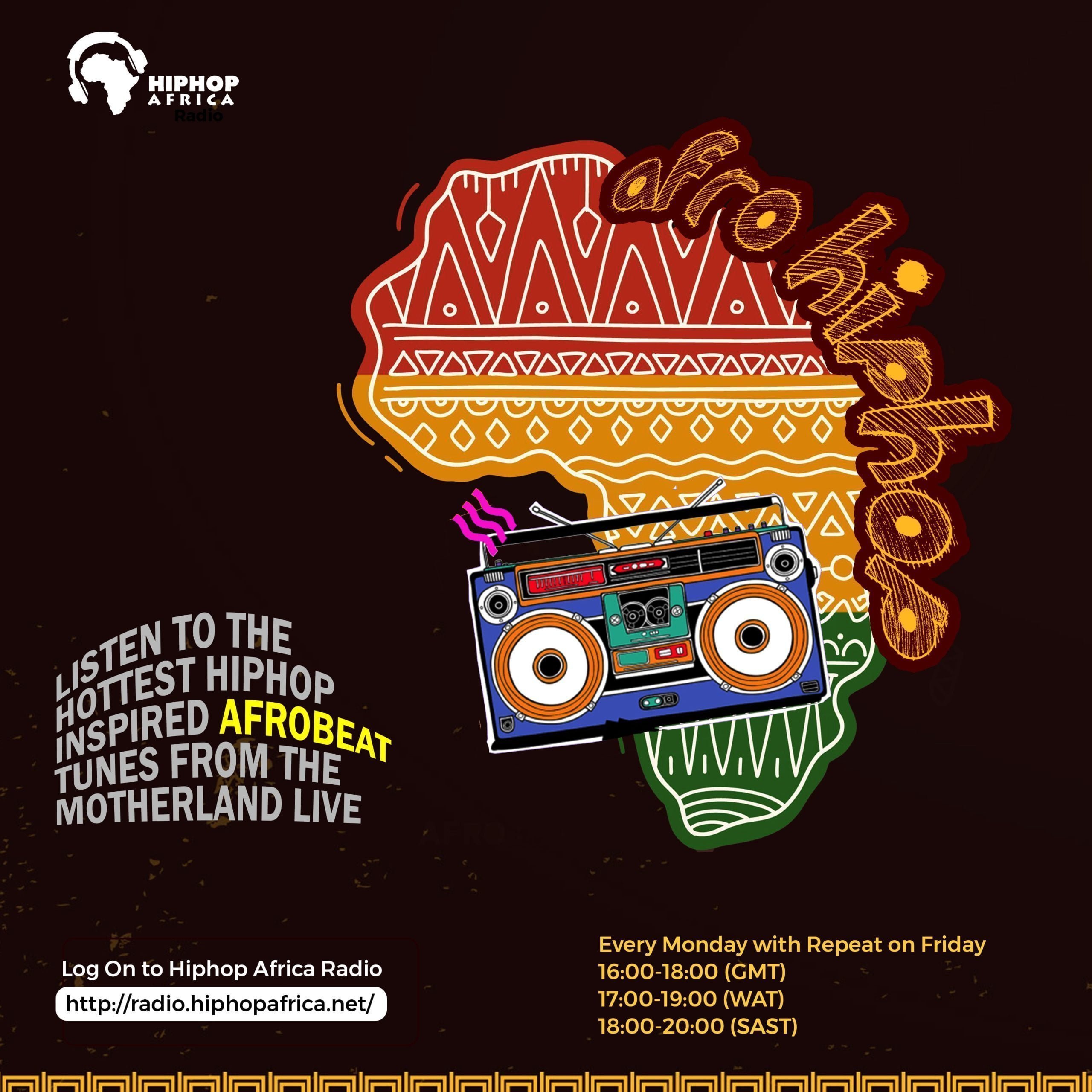The year is 2012, and the location is Walter Sisulu Square in Kliptown, Soweto, Johannesburg, South Africa. Nigeria’s new school king Davido, emcee and fashionista Ice Prince, Veteran rappers Khuli Chana, M.anifest, and Zeus have graced the stage in front of the whole continent, then enters the fresh-faced and raving group of three Kenyan boys; Taio Tripper, K’Cous, Shappa Man and their first lady, Miss Karun. The Amakipkip, dog tags, high tops, and snapback-wearing crew straight out of Nairobi were as hungry for glory as a Lion is for a baby Zebra.
Beyond the sagged pants and backpacks was a unique and head bumping sound oozing from the fountain of modern African youth, as the 2010s seemed to be the era of cultural liberation for African teens, driven mostly by the pop culture revolution of Afrobeats, Kwaito, and African hip hop…from the AKAs to the Wizkids as the and profound ”cool kid” lyrics to match.
The group was designed to rock a house or rooftop party dancefloor from Jozi to Lagos to Nairobi. Behind those sounds, were profound lyrics layered in the same philosophy of the sound and doused in hip hop parlance and African street slang. Highlighting the experience of the African urban, juvenile youth at the time in a language the kids could relate to.
Hence lyrics like “OG smoking by the Oz,”‘ ” all I know is swagger, I keep it fresh all day,” ” Swagger so vintage, African Fresh Prince, ever seen a Kenyan boy look harder?,” ”everybody’s tryna get paid in Nairobi,” rapped in a cadence so smooth and easy the average listener who may not have been a rap fan would bump their head to, Camp Mulla thinned the line between backpack rapping and party hip hop, with Karun’s smooth vocals on the chorus icing the cake.
That recipe and philosophy built the songs that Africa partied to in 2012-13; ‘Fresh All Day,” Party Don’t Stop,’ and ‘Addicted.’ These four kids from Nairobi were Kenyan music’s first continental export, way before Khaligraph Jones’ music frequented the Gulf of Guinea and the Cape of Good Hope.
Kids who grew up in the 2010s, albeit parents or in the labor market now, will always look back at this era fondly. The blueprint for African hip hop and youth urban and pop culture, from slang to fashion to art, was nurtured in this era, after being birthed in the late 2000s, this new identity was now carving a route more rooted in African experience than a corruption of the African-American experience.
It was a full-blown revolution and Camp Mulla and their peers were at the helm of affairs. So what then happened to these raging rolling stones? What happened to ‘the C.A.M.P.?’
Camp Mulla was an alternative hip hop group originating from and based in Nairobi, Kenya. The group of four rose to prominence with the release of their single “Party Don’t Stop” on 31 August 2010, signed to Sub Sahara records.
The party anthem and subsequent smash hits, and the release of their debut studio album, Funky Town, earned them a nomination for Best International Act (Africa) at the 2012 BET Awards, following their first international recognition moment where they were nominated for Best Video at the 2012 Channel O Music Video Awards.
At the peak of their fame, after garnering Channel O, MTV EMAs, Headies, and MOBO nominations, the group’s lead singer Karun and rapper Taio both left the group to pursue higher education and solo careers. The group tried to move on by adding a replacement, in the person of Tiri, but the original Camp sauce was missing and they eventually disbanded in 2013.
Subsequently, several members of the group put out solo efforts with little critical and almost no commercial success; most notably Shappaman’s ‘Wildlife on Tape.’ Karun still has an underground budding career, going for a more edgy image and mature sounds, it’s hard to believe she was performing in front of Africa at 15.
In September 2017 the main four members announced their reunion at The Wave performance at the Waterfront, Ng’ong racecourse, but soon after disbanded again
The group’s musical style, fashion sense, and origins have drawn comparisons to The Black Eyed Peas, and their eccentric style was being put on blast for a while as being too “bubblegum music. So sad we never got to see them hit the peak of their potential, but a least these five Kenyan teens put rhymes in our mouths, smiles on our faces, and dance steps on our feet while they were here. lasted.
If you enjoyed reading this article, do not hesitate to share it with friends via all social media platforms.


